A good night’s sleep is essential for overall health, mood, and productivity.
While a comfortable mattress and calming bedtime routine play a big role, the plants you keep in your bedroom can also influence the quality of your rest.
Certain houseplants not only add natural beauty to your space but also improve air quality, increase oxygen levels, and create a calming environment that promotes restful sleep.
Here are twelve of the best houseplants to help you sleep better at night.
1. Snake Plant
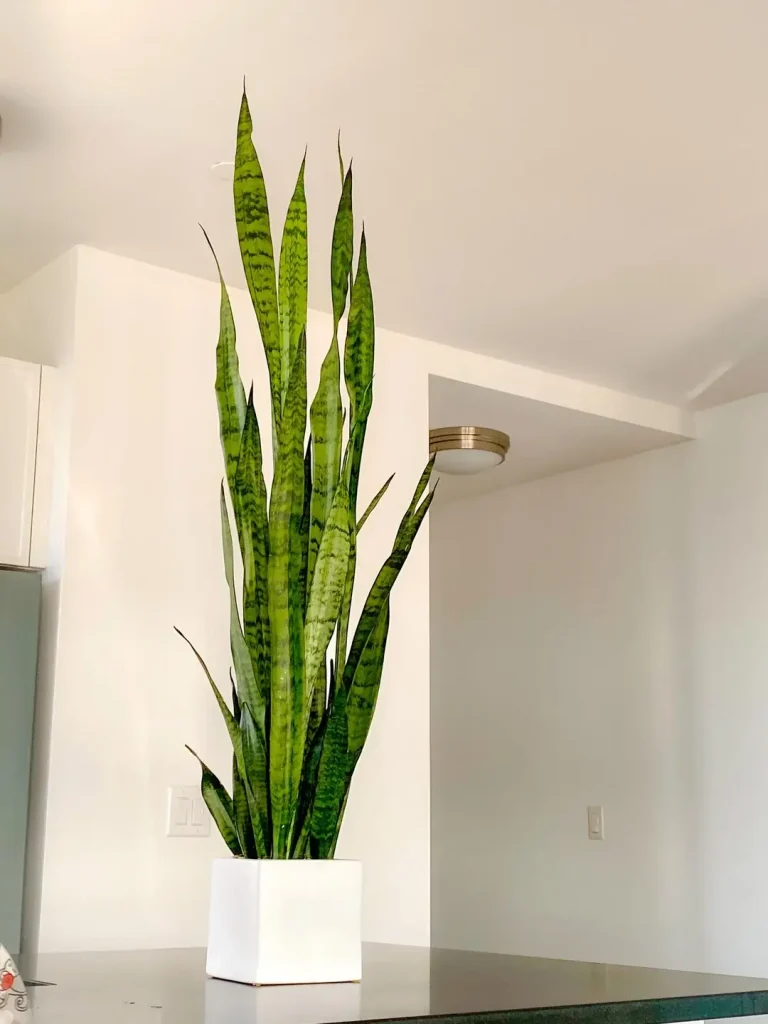
The Snake Plant, also known as Mother-in-Law’s Tongue, is an excellent choice for the bedroom because it continues to produce oxygen even at night.
Most plants perform photosynthesis during the day, releasing oxygen and absorbing carbon dioxide, but the Snake Plant does the reverse at night, making the air in your bedroom fresher while you sleep.
Its tall, upright leaves also help purify indoor air by removing toxins such as formaldehyde, xylene, and nitrogen oxides.
Snake Plants are low-maintenance and can thrive in low-light conditions, making them perfect for bedrooms. Their sleek, modern appearance fits well with any décor style.
2. Lavender
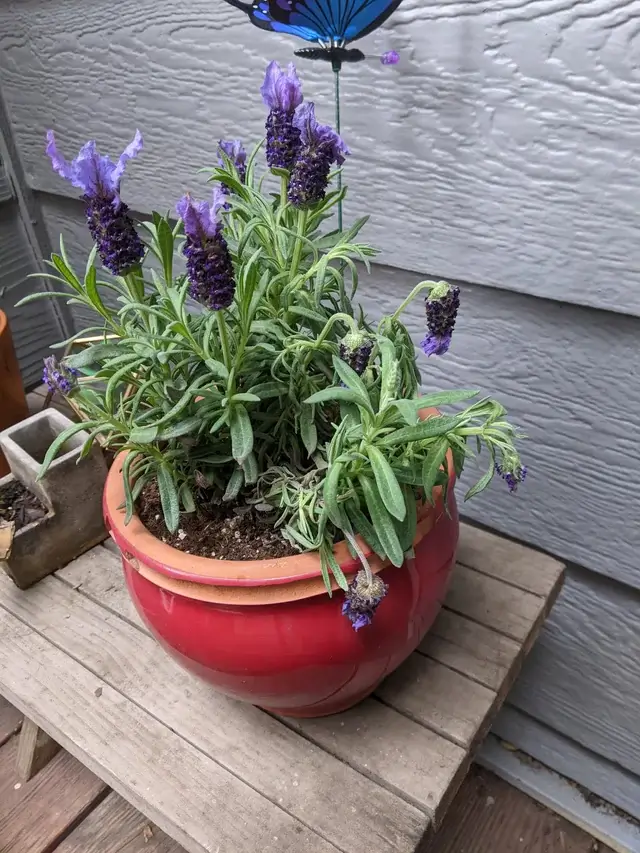
Lavender is famous for its soothing fragrance, which has been proven to reduce stress and promote relaxation.
Keeping a lavender plant in your bedroom can help calm your mind and prepare your body for sleep. Its gentle scent may reduce anxiety, lower heart rate, and improve sleep quality.
Lavender requires bright, indirect sunlight and well-drained soil. Regularly trim dead flowers and leaves to keep the plant healthy.
Even if you do not have access to natural sunlight, placing dried lavender near your bedside can also provide similar calming effects.
3. Peace Lily
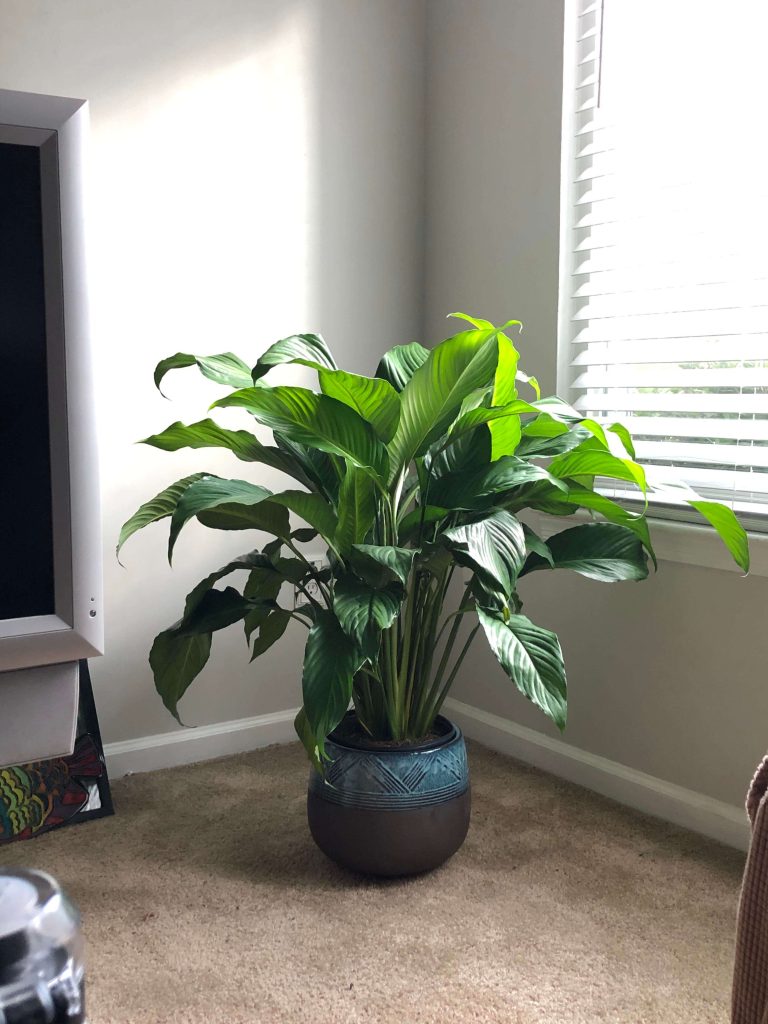
The Peace Lily is not only beautiful with its white blooms and glossy leaves, but it also helps improve air quality in your bedroom.
Peace Lilies remove airborne toxins like benzene, formaldehyde, and trichloroethylene, creating a cleaner and healthier sleeping environment.
Additionally, Peace Lilies increase humidity through transpiration, which can reduce irritants in the air that might disturb sleep.
They thrive in moderate, indirect light and require minimal care. Wiping the leaves occasionally removes dust, helping the plant function optimally.
4. Aloe Vera
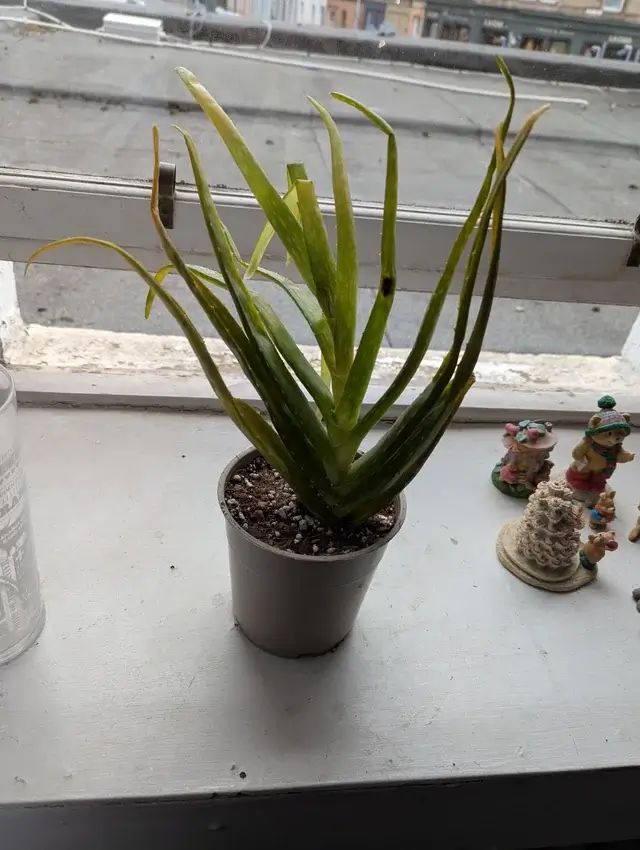
Aloe Vera is a versatile plant with healing properties and air-purifying benefits.
Like the Snake Plant, it releases oxygen at night, making it ideal for the bedroom. It also helps remove toxins such as formaldehyde and benzene from the air, creating a healthier sleeping environment.
Aloe Vera thrives in bright, indirect sunlight and requires minimal watering. Its compact size makes it perfect for bedside tables or window sills.
In addition to improving sleep, Aloe Vera can provide natural gel for minor burns and skin irritations.
5. Jasmine
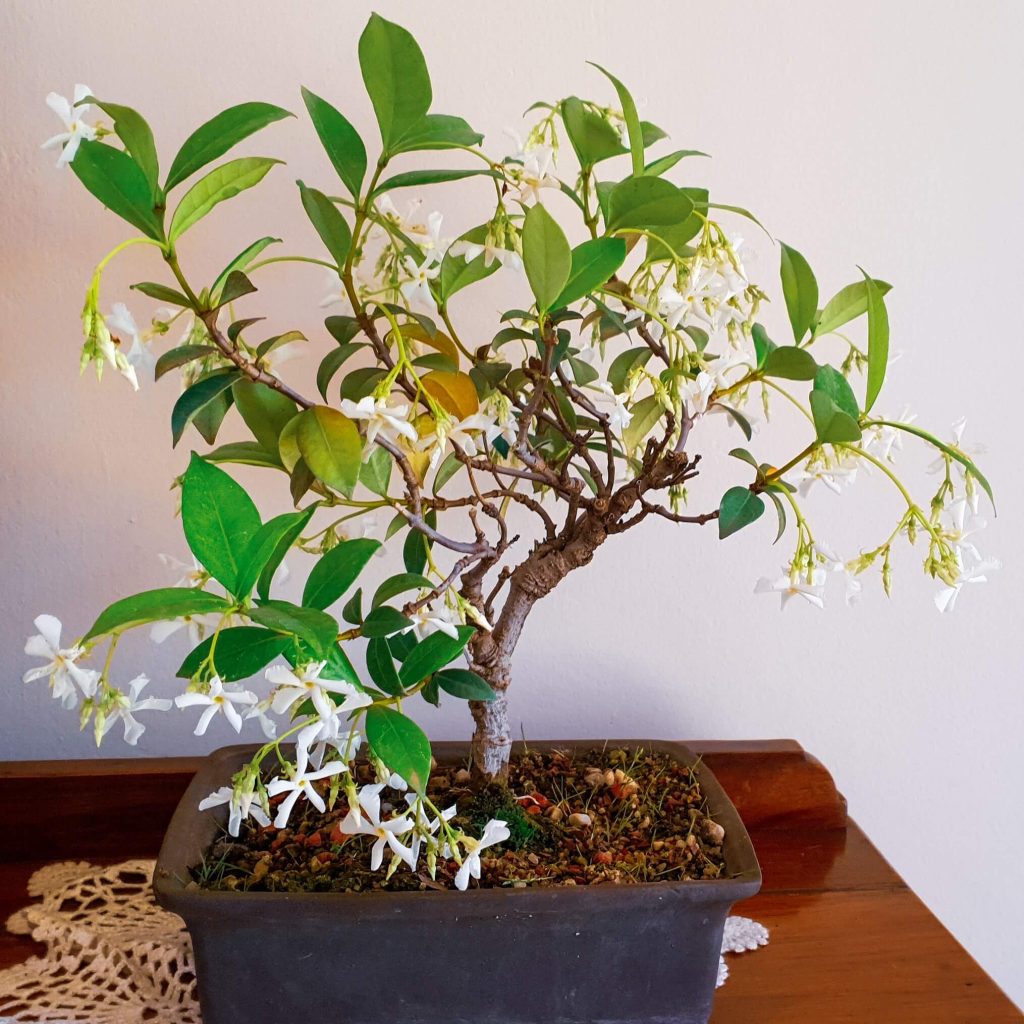
Jasmine is known for its sweet, calming fragrance, which can reduce anxiety and promote a sense of relaxation.
Studies have shown that the scent of Jasmine can improve sleep quality, helping you fall asleep faster and enjoy deeper sleep cycles.
This plant prefers bright, indirect sunlight and moderate watering. Its delicate white flowers not only provide a pleasant aroma but also add elegance to your bedroom décor.
Jasmine is especially effective when grown in a pot near your bed, allowing its fragrance to gently fill the room.
6. Lavender Mint
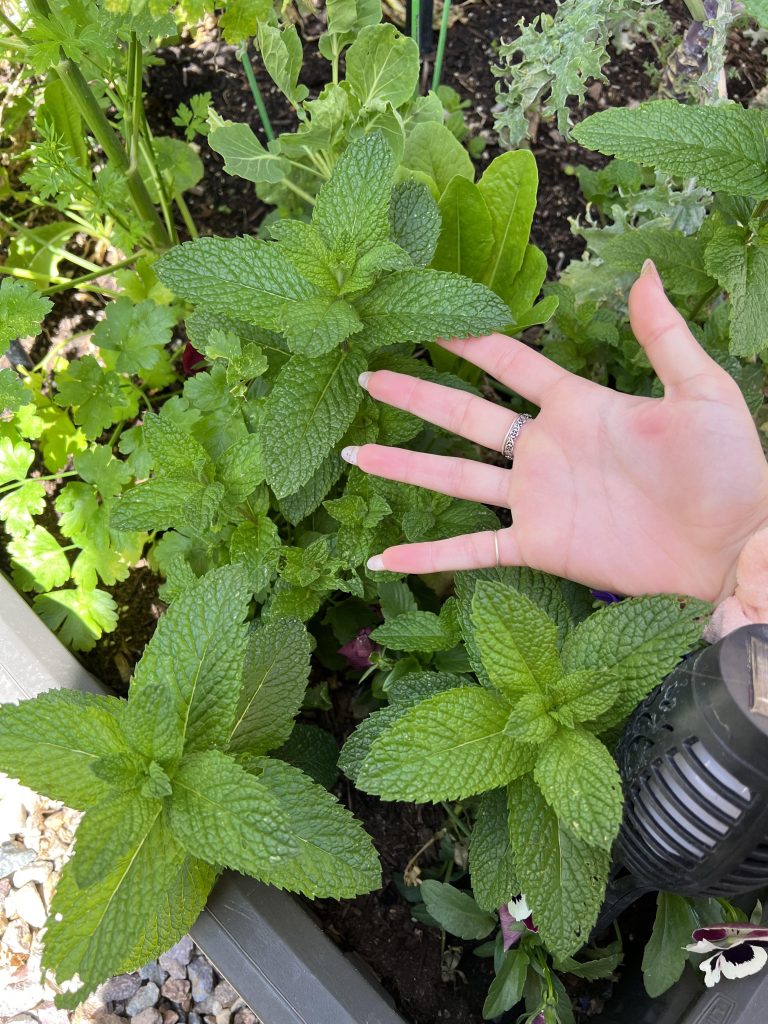
Lavender Mint is a hybrid plant combining the calming properties of lavender with the refreshing scent of mint.
It helps reduce stress and create a tranquil atmosphere that promotes restful sleep. The gentle aroma can also relieve headaches and improve relaxation before bedtime.
This plant prefers bright, indirect light and well-drained soil.
Regular pruning encourages new growth and keeps the scent strong. Lavender Mint is compact enough for bedside placement, allowing you to enjoy its soothing fragrance throughout the night.
7. Golden Pothos
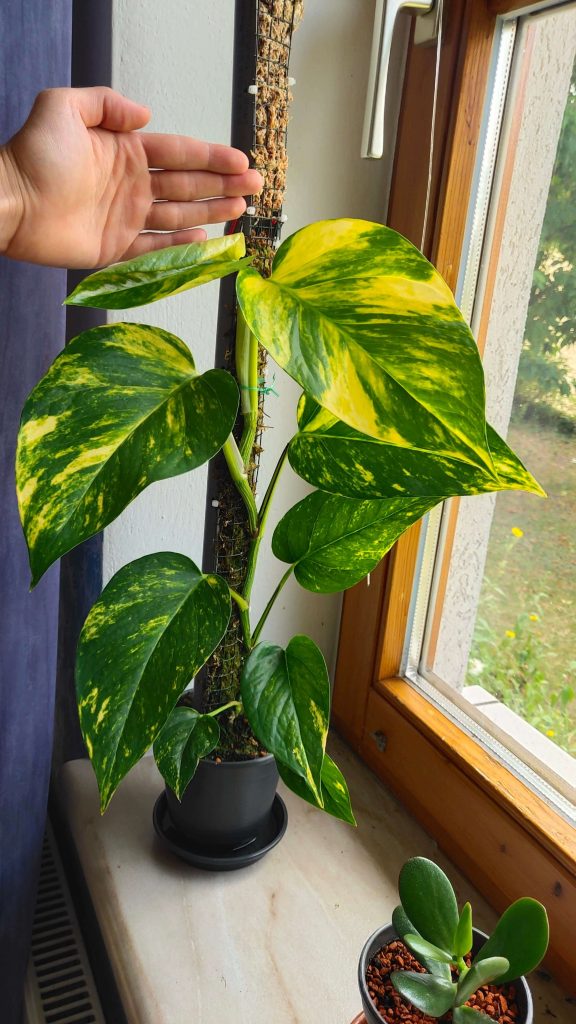
Golden Pothos is a popular indoor plant known for its air-purifying qualities.
It can remove toxins such as formaldehyde, benzene, and xylene from your bedroom, ensuring cleaner air while you sleep.
Its trailing vines and glossy leaves create a calming, natural environment that enhances relaxation.
Pothos is very low-maintenance, tolerates low light, and requires occasional watering.
You can grow it in a hanging basket or on a shelf, where its lush foliage adds beauty and serenity to the room. Its ability to improve air quality makes it a great companion for a restful sleep.
8. Gardenia
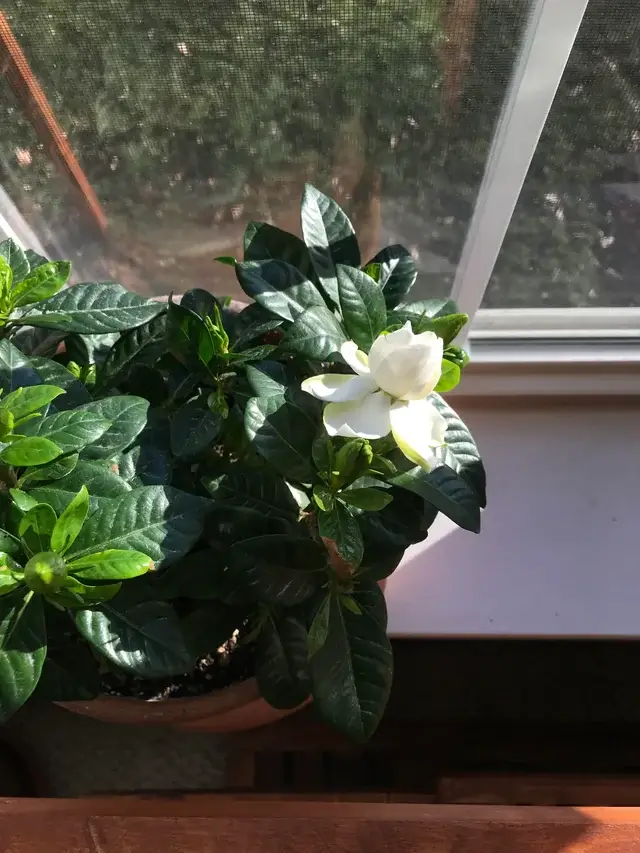
Gardenias are prized for their fragrant blooms, which have a calming effect on the mind.
The sweet, floral aroma of Gardenias can reduce stress, anxiety, and restlessness, helping you fall asleep more easily. They also create a relaxing and aesthetically pleasing atmosphere in your bedroom.
Gardenias require bright, indirect sunlight and consistently moist soil.
They need a bit more care than some other indoor plants, but the sleep benefits and fragrance make them worth the effort.
Placing a Gardenia near a window or bedside table can enhance your sleep quality naturally.
9. Areca Palm
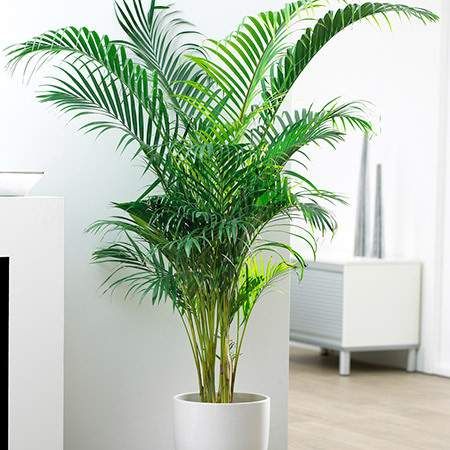
Areca Palm is a tropical plant that improves indoor air quality and increases humidity, making the bedroom environment more comfortable for sleep.
Its feathery leaves help filter out toxins and airborne pollutants, while the added humidity can prevent dry air that might cause irritation in the throat and nasal passages.
Areca Palms thrive in indirect sunlight and prefer slightly moist soil.
Regular leaf cleaning helps maintain their air-purifying efficiency. Their elegant appearance also adds a calming, natural feel to the bedroom.
10. Rubber Plant
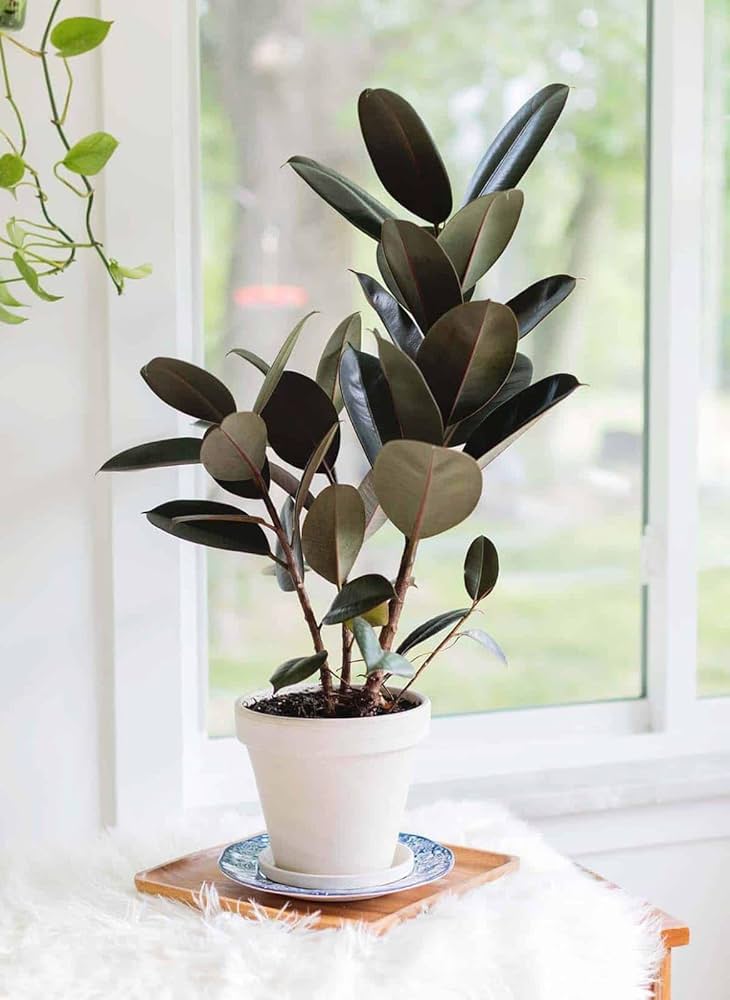
The Rubber Plant has broad, glossy leaves that capture dust and improve air quality.
It absorbs toxins such as formaldehyde, which is commonly found in household furniture and flooring.
By maintaining cleaner air, it helps create a healthier sleeping environment.
This plant prefers bright, indirect light and moderate watering.
Wiping its leaves occasionally ensures it continues to filter air effectively. Its upright growth pattern makes it a striking decorative piece for bedroom corners.
11. Valerian
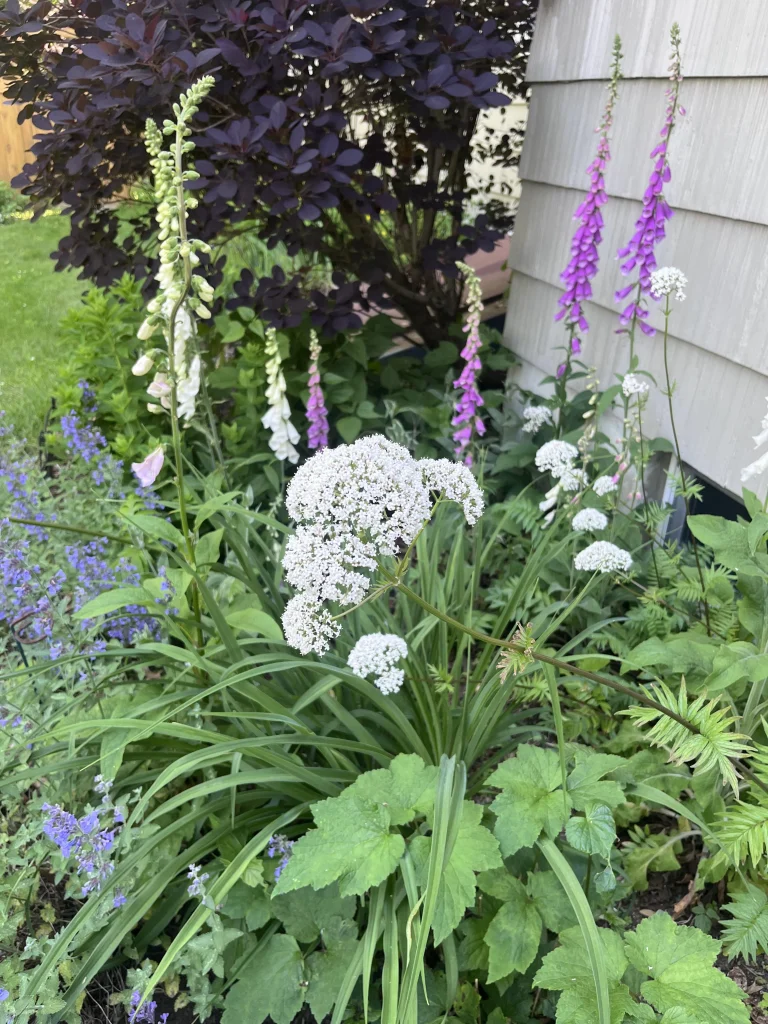
Valerian is a flowering plant known for its natural sedative properties.
Keeping a Valerian plant in your bedroom can help promote relaxation and reduce anxiety, supporting a restful night’s sleep.
The scent of Valerian has been linked to improved sleep onset and quality.
It requires bright, indirect sunlight and well-drained soil.
Regular care involves watering moderately and trimming flowers after blooming. Valerian is ideal for placing near a bedside or window to enjoy its calming benefits.
12. Chamomile
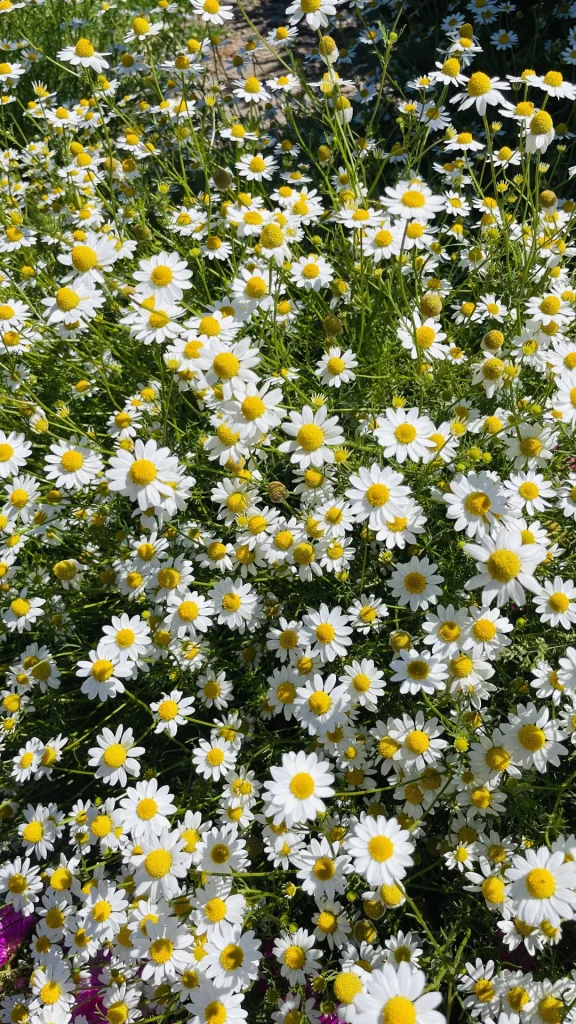
Chamomile is well-known for its soothing aroma, which is often used in teas for relaxation.
As a bedroom plant, Chamomile emits a gentle fragrance that can calm the mind and reduce stress, making it easier to fall asleep. Its presence also creates a cozy, natural ambiance.
Chamomile prefers bright, indirect light and well-drained soil. Regular watering and occasional pruning keep it healthy and fragrant.
Having Chamomile in the bedroom allows you to enjoy its calming scent throughout the night while also adding a touch of greenery.
Tips for Using Houseplants to Improve Sleep
To maximize the benefits of these plants in your bedroom, consider the following:
- Choose the right size: Large plants can improve air quality more effectively, while smaller plants can fit on bedside tables or shelves.
- Avoid overwatering: Overwatering can lead to mold or mildew, which may negatively affect your sleep and health.
- Maintain cleanliness: Wipe leaves regularly to remove dust and allow the plant to breathe and function properly.
- Use natural light wisely: Place plants in spots with adequate indirect sunlight to keep them healthy and thriving.
- Combine scents and purifiers: Plants like Jasmine, Lavender, and Gardenia not only purify air but also release natural scents that promote relaxation.
Adding houseplants to your bedroom is a simple yet effective way to enhance sleep quality.
The Snake Plant, Lavender, Peace Lily, Aloe Vera, Jasmine, Lavender Mint, Golden Pothos, Gardenia, Areca Palm, Rubber Plant, Valerian, and Chamomile each offer unique benefits that create a peaceful and healthy sleeping environment.
These plants improve air quality, release oxygen at night, reduce stress, and add natural beauty to your bedroom.
By carefully selecting the right combination of plants and maintaining them properly, you can transform your bedroom into a restful oasis and enjoy deeper, more restorative sleep every night.
Nature’s calming influence, combined with these plants’ air-purifying and aromatic properties, can make bedtime a truly relaxing experience.
